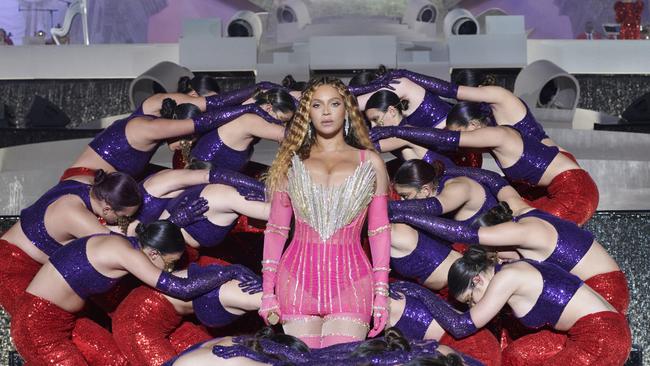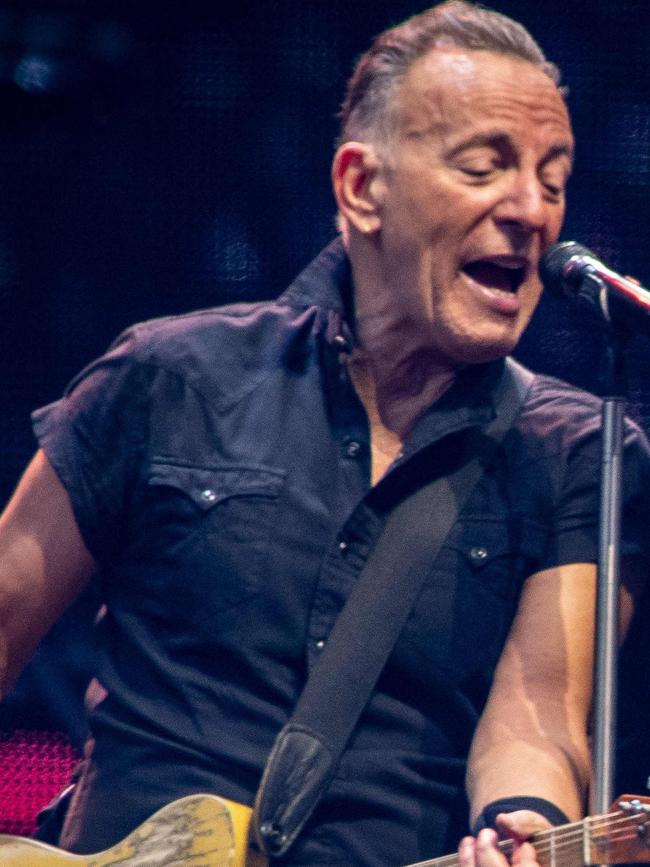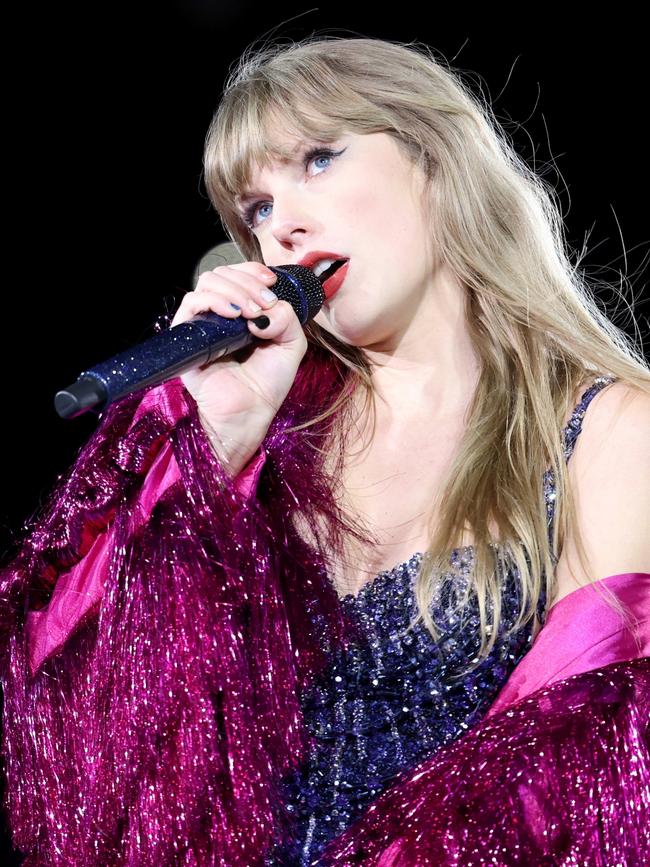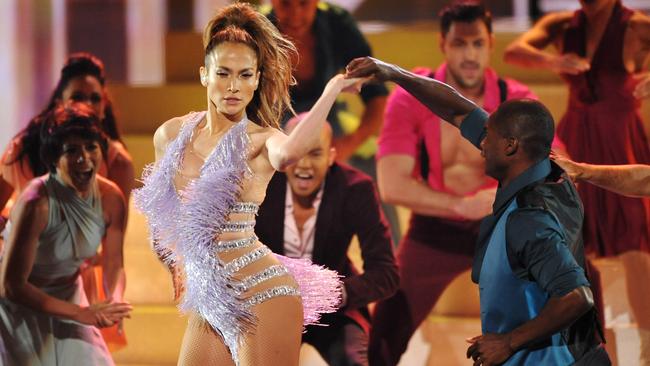Big rock acts happy to play private parties for the big bucks
Beyonce is said to have earned $36m earlier this year for a one-hour show at a Dubai hotel. She is not alone in playing private gigs.

The Rolling Stones had sympathy for the devil and guitarist Robert Johnson is said to have sold his soul at a crossroads in return for his prodigious talent.
But there is one devil that musicians have long tried to avoid: the corporate one.
Being called a sellout sticks, although if any have retained their integrity up until now it is probably because they have not been paid enough.
In what was once the preserve of failed pop stars and clapped-out cover bands, some of the biggest names in music are performing at birthday parties, bar mitzvahs and corporate shindigs. But, unlike the amateurs, they’re commanding enormous sums.
Beyonce was paid a reported $36m for a one-hour gig at a hotel in Dubai this year, while Rod Stewart is believed to charge almost $2m for a private show
A veteran tour manager said superstars had dropped their reservations about doing a “private”, as it is known in the industry, in a shift that has harmed smaller acts who used to make a living from the circuit.
Robert Norman, head of private events at Hollywood talent agency CAA, said that when he joined the company 25 years ago “we were booking 100 to 200 private dates a year, for middle-of-the-road artists that you’d typically suspect would play these kinds of events – conventions and things like that”.
The industry has since exploded, Norman said. “Last year, we booked almost 600 dates and we’ve got a team of people here who are dedicated just to private events,” he told The New Yorker magazine.
Only a few elite artists are known to have resisted the pull of private gigs, including Taylor Swift and Bruce Springsteen.


The details of private events – including fees – are often closely held secrets. Aerosmith can cost up to $2.7m for a performance, according to the Las Vegas Talent booking agency, which also lists Neil Young as having a price of $5.3m.
David Viecelli, a booking agent in Chicago and founder of independent agency The Billions Corporation, has worked with acts including Mumford & Sons, Bon Iver and Arcade Fire. He said musicians had become more open to how they make money in a world of streaming.
“I’m tempted to say people were more principled, or something like that, but I don’t think that’s really true,” Viecelli said of changing attitudes in the industry towards performing at birthday parties and other events.
“There are some people who still care about such things and are going to be loath to enter into those kinds of situations. But I think for the young musicians now, it’s just a different world.”
While rock bands of the 1980s and 1990s viewed corporations with suspicion, if not disdain, modern performers view working with brands as an opportunity to expand their popularity, according to Viecelli, and performing at corporate events has been embraced.
“Being very visibly associated with some consumer brand is perceived to have value because it gets you more social media reach, it gets you more visibility and maybe it attracts more such business for you,” he said.
“It’s not viewed as dirty money. People don’t think that way anymore. Any revenue stream is largely good.”
While the money may be welcome, that does not mean the artists enjoy the work. Performing in front of a room of salespeople busy talking among themselves about their figures during the latest financial quarter can be “soul-destroying”, Viecelli said.
“They kind of knew that they were bummers to do,” Viecelli said of the acts he has worked with. “Some of them would be happy to take the money if it came because they couldn’t justify turning it down.
“But there was never anybody who said to us, ‘Hey, go see if you can book me 150 private events or kids’ birthday parties’. No one has ever said that.”

As well as being unpleasant to perform, private events can also carry reputational risks. Beyonce, whose latest album Renaissance was inspired by and paid tribute to the LGBT community, was widely criticised for appearing in Dubai, where homosexuality is illegal.
Jennifer Lopez apologised for a 2013 performance in Turkmenistan, where she sang “happy birthday” to authoritarian president Gurbanguly Berdimuhamedow.
However, Viecelli said as long as celebrities steer clear of such controversies and remember why they are performing a private gig, they should escape any reputational harm.
“The pay cheque should be 95 per cent of the basis on which you make your decision.”
THE TIMES


To join the conversation, please log in. Don't have an account? Register
Join the conversation, you are commenting as Logout